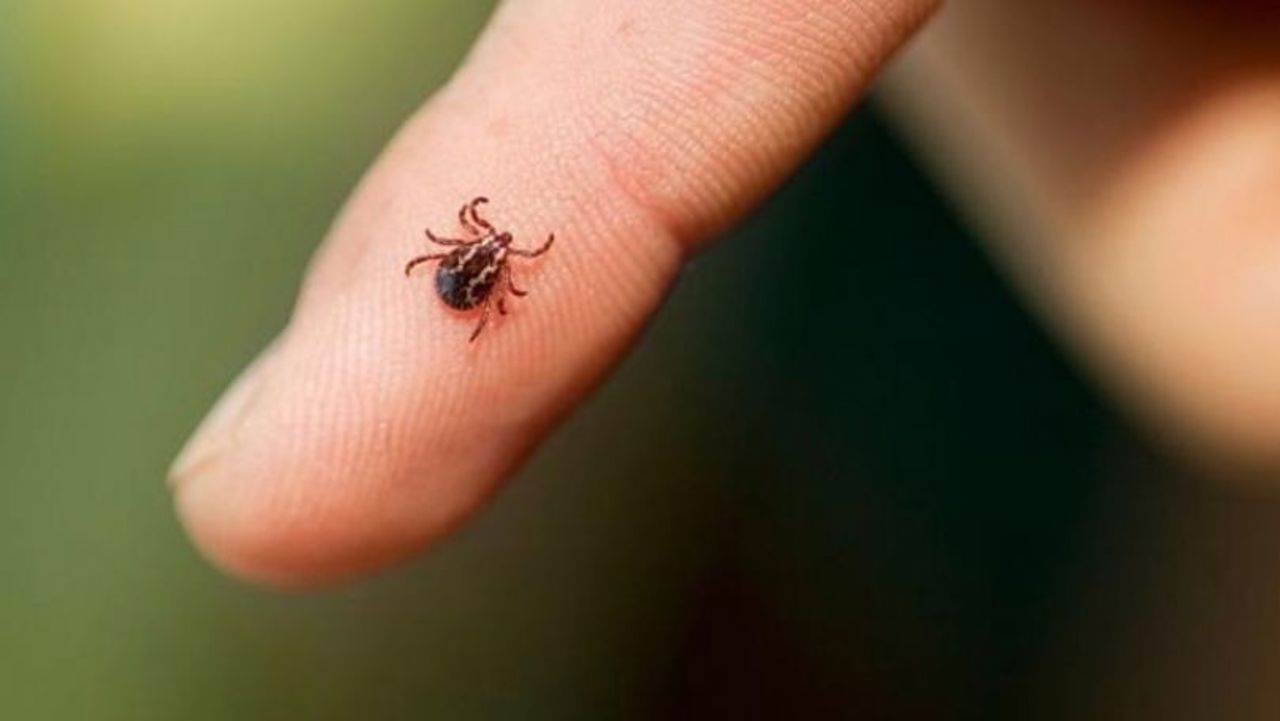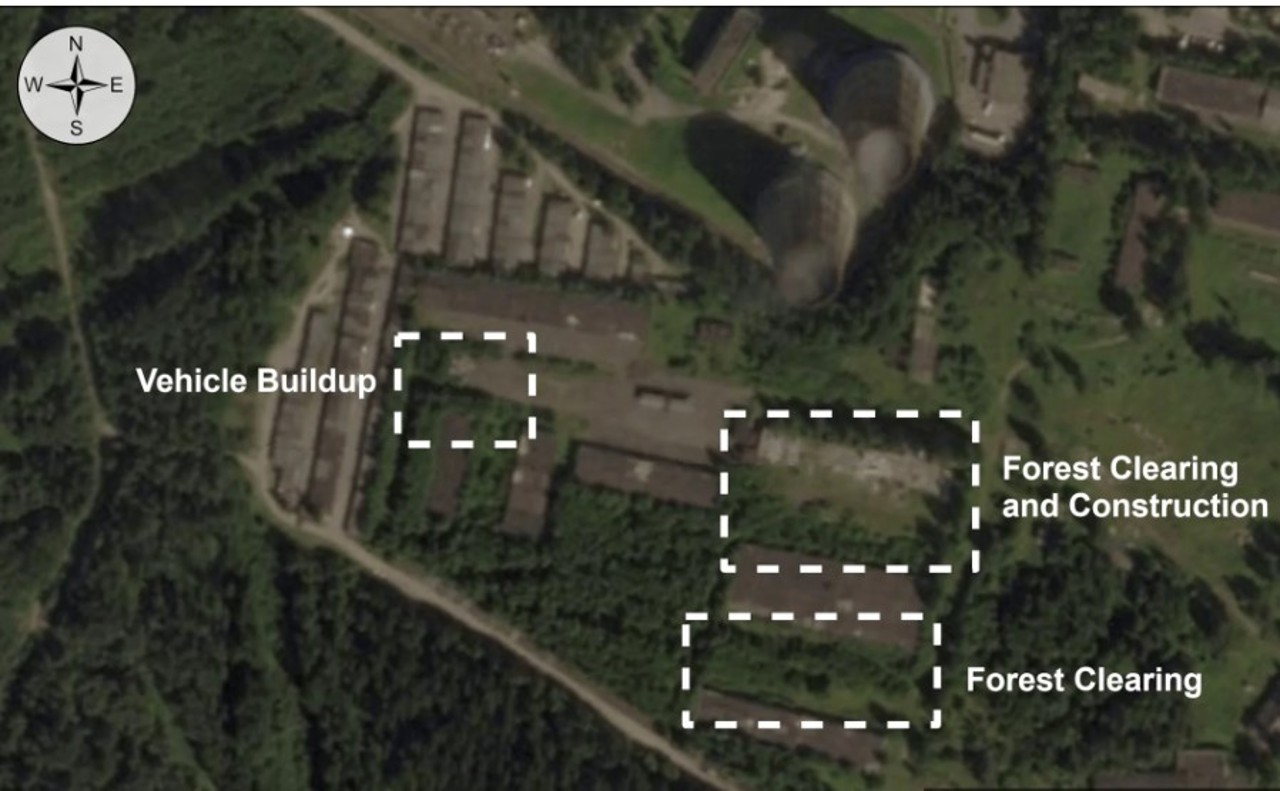Babesiosis: First case in Republic of Moldova
The first case of babesiosis has been confirmed in the Republic of Moldova. The parasitic disease, transmitted by ticks, was detected in a 38-year-old woman, originally from Ireland, who is temporarily living in Moldova.

According to the National Agency for Public Health (ANSP), the patient experienced symptoms such as fever, chills, weakness, headache, and muscle aches. Following the epidemiological investigation, it was found that in January she spent two weeks in an African country.
Initially, because of the similar symptoms, the woman was diagnosed with malaria. Blood samples sent to the ANSP National Reference Laboratory, however, confirmed babesiosis.
Currently, the woman is receiving treatment, and her condition is satisfactory.
The disease is a zoonosis, typically affecting animals, but it can also affect humans. It is caused by parasites of the Babesia family, which attack red blood cells and are transmitted through ticks. Most human cases of babesiosis have been reported in the United States, Europe, Asia, and Australia.
The disease typically manifests a few weeks or even months after infection, with symptoms including fever, fatigue, chills, sweating, headache, muscle aches, joint pain, and loss of appetite.
Translation by Iurie Tataru





